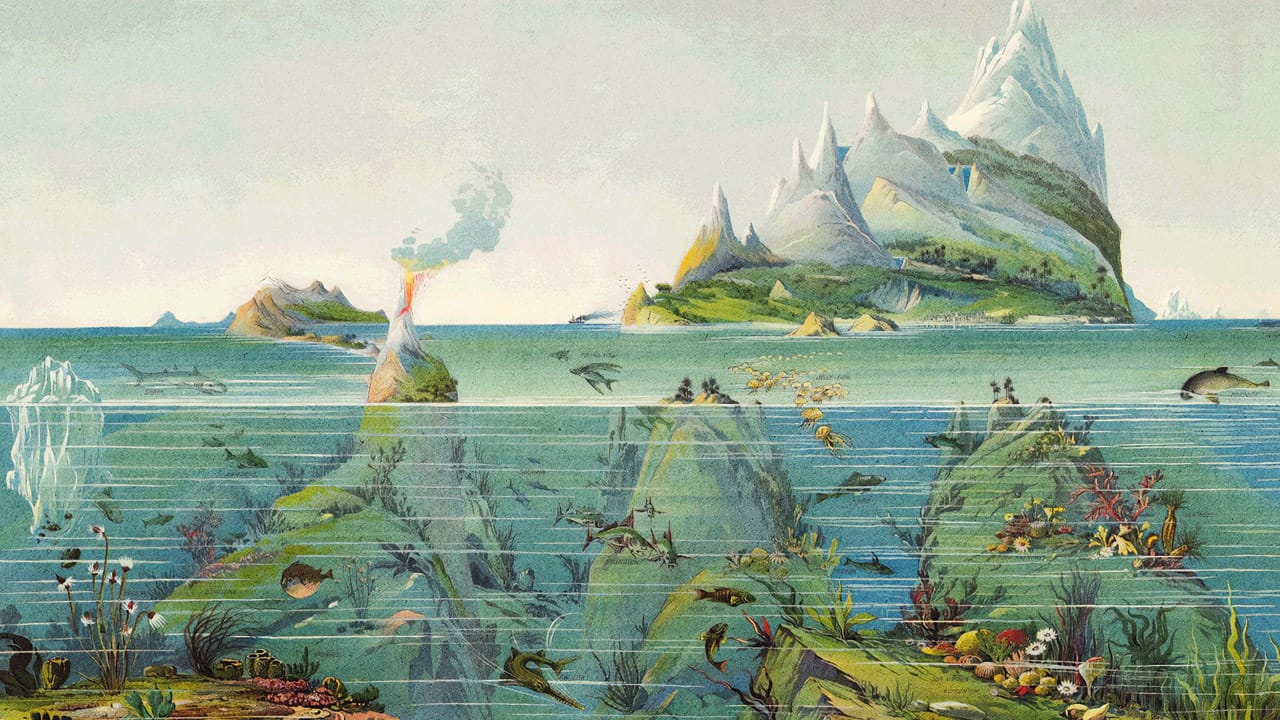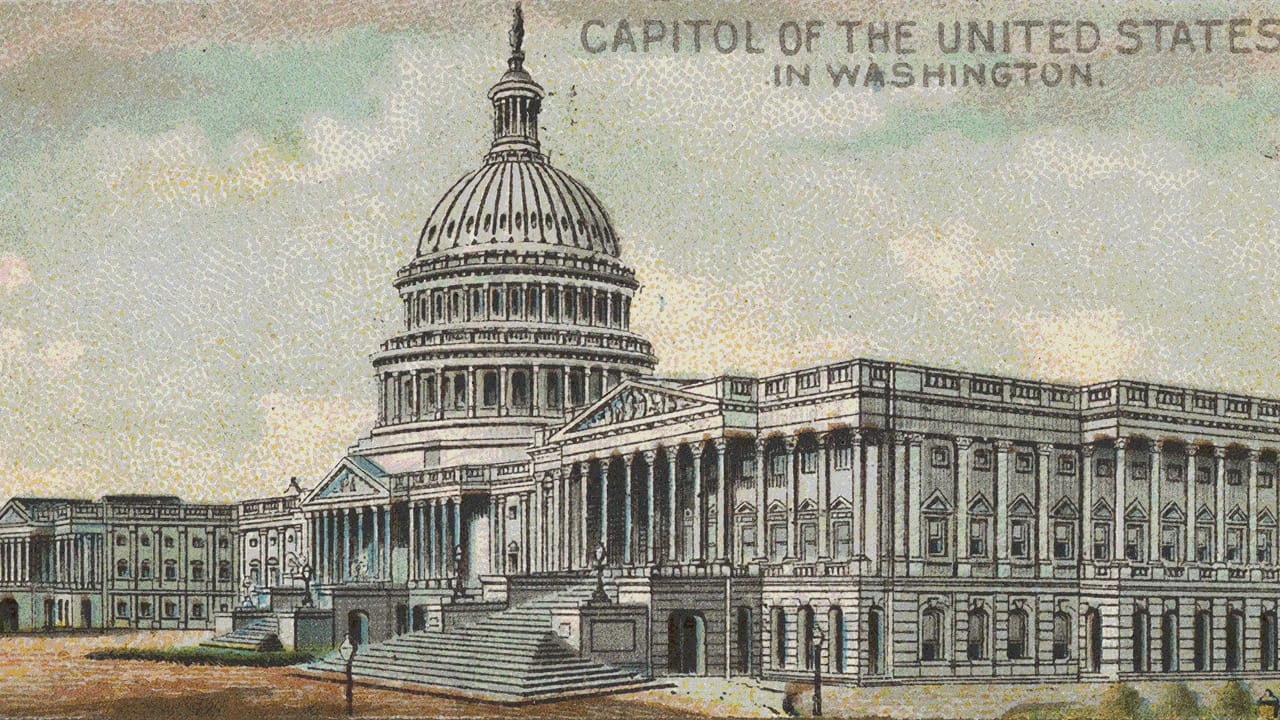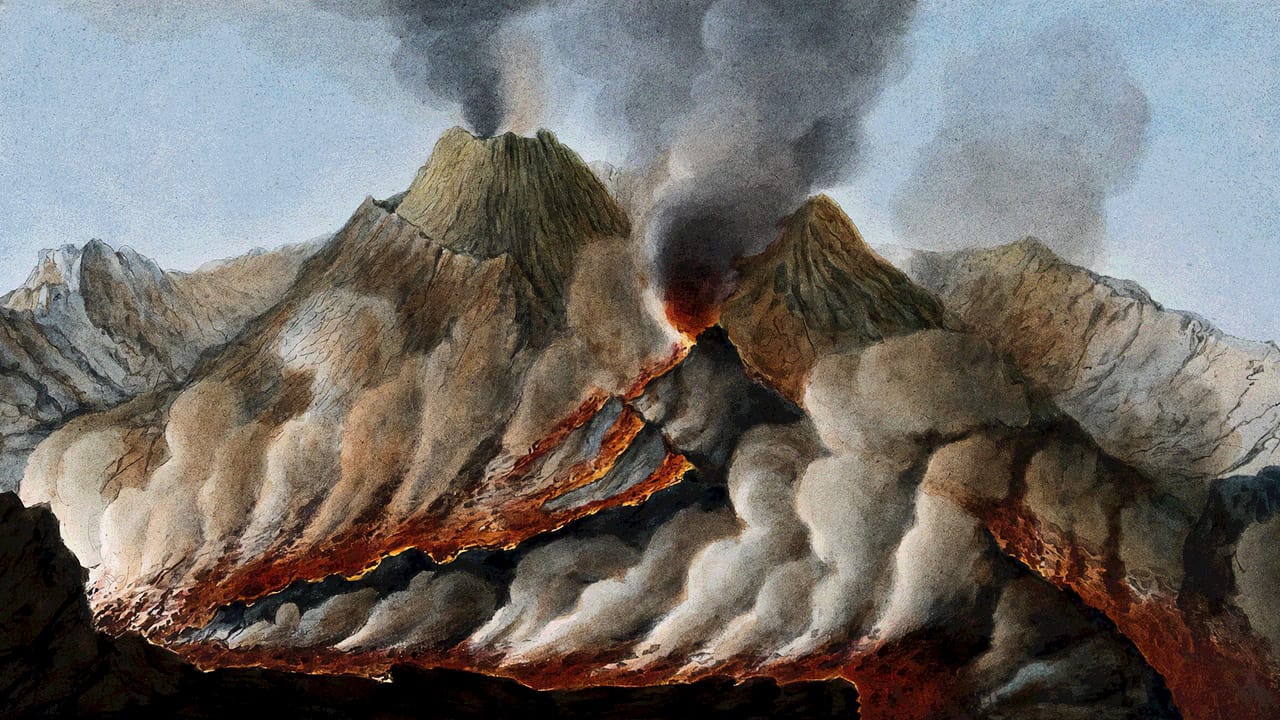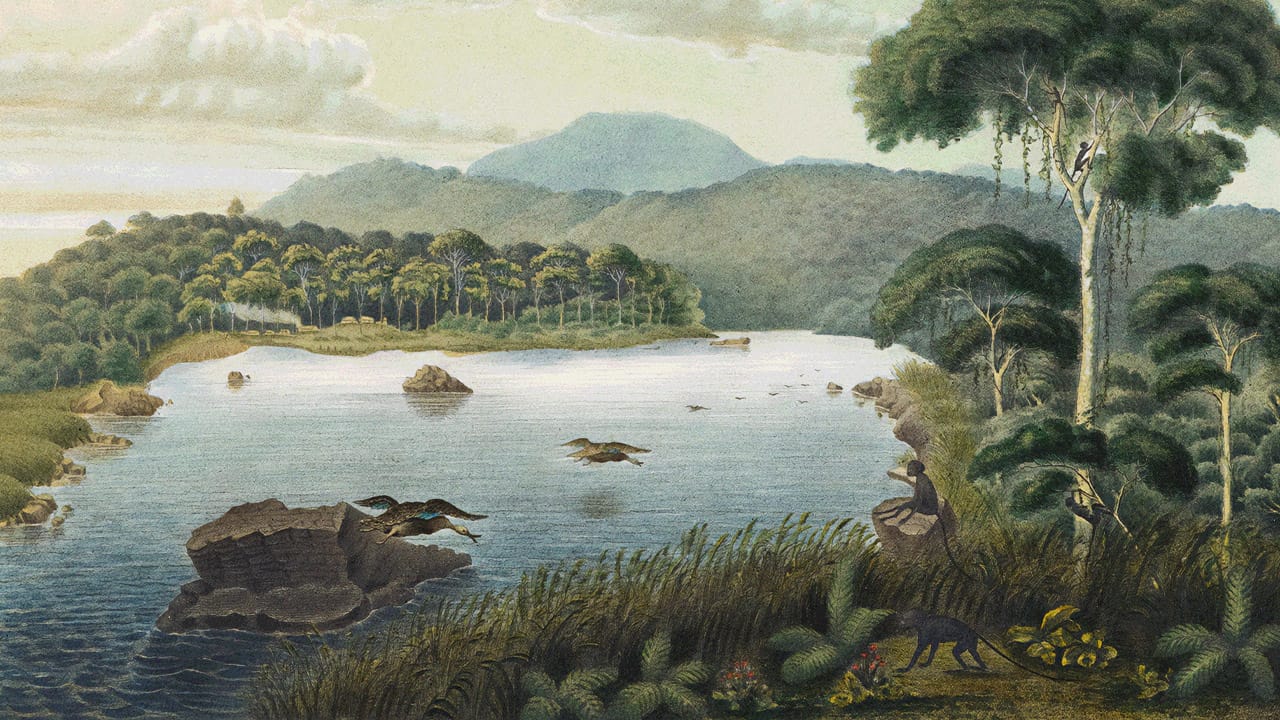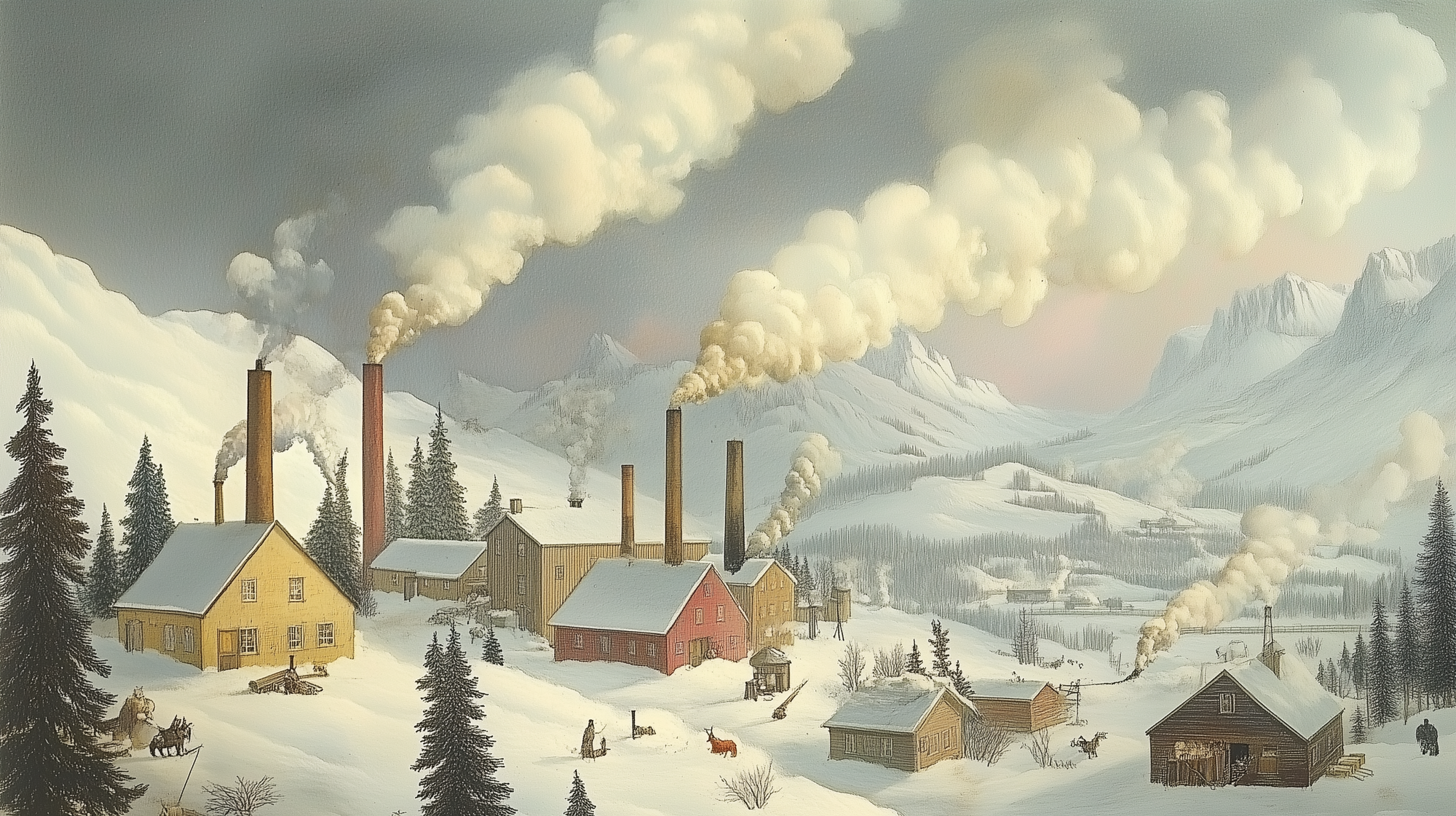Beth Daley, the Executive Editor of The Conversation US, interview November 22, 2023
A Pulitzer Prize finalist for climate reporting at the Boston Globe, Beth also worked at the New England Center for Investigative Reporting as a reporter and director of partnerships. As Director of Strategic Development at InsideClimate, she worked to diversify the Pulitzer Prize-winning news outlet's revenue stream. She attended Stanford University as a John S. Knight Journalism Fellow in 2011/2012.
Djurdja Jovanovic Padejski: Do you use environmental terms spontaneously, or do you have a process for selecting environmental terms for your articles?
Beth Daley: At The Conversation, we try not to use environmental terms spontaneously. We have found that when you grab words out of thin air, they can sometimes feel less objective and more like advocacy. For example, we don't say, "This extreme weather event is based on climate change." We say, "This extreme weather event is likely caused by climate change because scientists expect to see more of this type of weather as the climate warms." We are very careful in our language because you can't ascribe any one event to climate change yet—although it's pretty clear the forces are there.
We work really hard to make our language as objective as possible. We don't want to lead the reader or be advocates. We want to lay out evidence-based research for the public in language that feels neutral and acceptable to the general public. This is not always easy. Once you say that the climate is warming far faster than the IPCC projected, even back in 1997, it often leads to the urge to say, "We must do something about it."
At The Conversation, we pair academic experts with climate experts who are on the front lines with expert journalists, and we create stories together. We work very hard to only present the information in the best interest of democracy so that people can make their own decisions. We often shy away from words like "climate skeptics" or "climate deniers." Not to say those groups of people don't exist, because they certainly do. But we also understand as journalists that climate change is real. It's a real threat. We don't want to alienate people, and you really want to reach across the aisle in some way. The second you start calling people names and labeling them, they suddenly stop listening.
We definitely do our fair share of investigative stories calling companies out for their "cheap little tricks," like pretending they're green when they're not. That's absolutely happening. We call it like we see it, particularly if there's academic research behind it. But we try not to use language that feels leading in any way, including even when we're talking about extreme weather and warming temperatures. We try to nestle it into the science.
DJP: That's an admirable effort. That should be the norm for any kind of journalism, but it kind of pushes this objectivity goal even a little bit farther. Do you think in your efforts not to alienate some people the neutral language also may not be sufficiently alerting?
BD: That's a really smart question. Both questions are super smart, and I think about that all the time. My previous job was at Inside Climate News, a wonderful news organization, a Pulitzer Prize winner. I'm speaking personally here about language. Look, climate change is real. The science is clear. It's happening. There's an absolute catastrophe for some groups of people ahead, 100 percent. But I have not seen people's minds being changed by advocacy or writing that says, "you must act." I've not seen that work.
What I see working is Bill McKibben's narrative writing. He describes what's happening to the world in a way that evokes emotions from people. In that type of language, we choose carefully, and I think that's important. The neutrality I'm speaking about is using leading words, and I realize this is not for everyone, and many people will disagree. For deniers, you must use strident words that can make some people lean in, but those people are already leaning in. It's like any journalist who believes the science, which is that climate change is happening, or believes other science, like education matters. We don't have to beat the horn about that. The idea is to impart that knowledge to people who may not be listening in the way that you're used to. I think it's very important to cross that aisle and get a dialogue started.
We're kind of lucky because we deal a lot with academics. We're able to have that more objective language, but not always. Look, sea level rise and the wildfires in Colorado, the atmospheric rivers in California—those are pretty clearly related to climate change, maybe not 100 percent, but pretty clearly. And we call it like it is. We talk about the devastation from it. We just don't use leading words like "this will happen so much more" because the models don't suggest that quite yet.
DJP: How do you approach the challenge of conveying complex environmental issues to a diverse readership?
BD: It's incredibly complicated. We recently wrote a story at The Conversation about how ocean waves were becoming more intense, likely because of climate change. It involved incredibly complex physics and mechanics of ocean chemistry. It was a fascinating story, but it came in filled with jargon that no one would understand. Our job is to break it down and give people examples they can viscerally understand.
The headline for that story was a little provocative: "How Global Warming Shakes the Earth: Seismic data shows ocean waves gaining strength as the planet warms." That's pretty basic, right? Waves are gaining strength. But the story came in loaded with scientific language. For example, it said, "Seismographic networks are best known for monitoring and studying earthquakes and facilitating our understanding of our planet's deep interior. These sensitive systems of instruments also record an enormous variety of natural and human-caused seismic phenomena." The next sentence was, "Notably, seismographs ubiquitously and incessantly record seismic signals where no larger nearby earthquakes or other transitory events are occurring."
That's a lot of words, and basically what it was saying—and it took a while to get there—was that we first had to unpack that jargon and then explain to people how ocean waves are formed. We said, "Ocean waves rise and fall, and they apply force to the sea floor, generating seismic waves. These waves are so powerful and widespread that they show up as a steady thrum on seismographs, the same instruments used to monitor and study earthquakes. And these signals are getting more intense."
We took some jargon that was loaded with scientific language and turned it into a very explainable narrative. Everyone knows what waves are, but we're not talking about waves on top of the ocean. We're talking about waves under the ocean that are hitting the sea floor, like an earthquake. That's the kind of jargon we try to unpack.
DJP: It's quite a challenge for journalism to break down complex issues without oversimplifying them to connect with the widest readership possible. In this case, the importance is heightened because it affects everyone, even those who are unaware of the impact. There's a lot of tension now, and the issues are complex, not just because we need science to understand them, but because of their socioeconomic side.
BD: I agree. The language we use needs to reach all people across all sides. Often, I find that even at The Conversation or when I was a climate reporter at The Boston Globe, I spoke to people like me—college-educated, upper-middle-class—and the language worked. But I don't think it works well for others. Quite honestly, I don't think it's working well because we're not seeing the kind of activism that we saw with other political and environmental movements in the past.
DJP: In which way do you feel words and phrases used in environmental reporting play a role in how readers perceive it? More specifically, what is the relationship between the terminology and the content?
BD: The terms matter a lot. Hopefully, most people understand the structural racism that has shaped our country and the world. We need to lean into that, so the language we choose signals to the reader that we're hearing the struggles they and those who came before them went through. Early on, it was even the idea of capitalizing B for "Black." That was a sign of respect.
That's not environmental terminology, but when you start looking at environmental racism, there are a lot of terms you can use that signal to the reader that you're on their side, that you understand they went through something we can't understand as white, middle-class people. It's hard, but we work hard at The Conversation, because we're unique in having more diverse authors and editors to help with that.
One important phrase that we were pushed back on was when we were talking about environmental toxins affecting a homeless population. We called the population homeless, and we got a lot of flak for it because that automatically put this group into a vulnerable category, as if something was being done to them. Instead, we realized these were people who lived in a place where environmental toxins were invading, and they had the power to help change it. These are very subtle things—some of the words you use—and they're not always the environmental terms, but the words surrounding those terms.
Another thing we got pushed back on is that we often write about PM 2.5. You'll find it sometimes written as PM 2.5 with no explanation. But who knows what that is? What is 2.5? What is PM? What is particulate matter? So now we try to say things like "tiny, tiny particles that, if you breathe in, can exacerbate asthma or lodge in your lungs for long-term health effects." These are environmental terms that are bandied around and that we need to explain to readers.
It's also about the delivery. The Conversation, The Boston Globe, The New York Times—we're largely in the changing tech space. A lot of communities are not receiving information through newspapers or digital platforms. We're doing an experiment right now with text-based alerts and trying to solicit ideas from the community for stories, which is interesting. I know a lot of places are trying to do that as well. That's not what your research is about, but the way the content is delivered is critical to the messages within that delivery.
DJP: Do you deploy a style guide?
BD: Yes, we use the Associated Press style guide because all our content goes on the Associated Press newswire. They're very smart and have people who really think things through.
On other things, like words we don't use, we avoid "climate emergency" or "climate crisis." The Associated Press also doesn't use those terms because that projects a sense that this crisis or this emergency is more important than another emergency. And that is a subjective call, quite honestly. Now, we could all agree that climate is a crisis, but calling it that strays too far into telling people what it is, instead of describing the issue to them. I think that's dangerous. We also try not to say "greenhouse gases." We try to say "heat-trapping gases," and things like that, that are more understandable. I'm just giving you some examples.
DJP: How do you ensure the accuracy and consistency of environmental terminology across different stories? Is there a kind of similar ideological platform among reporters in one media outlet, or is it something that needs to be physically implemented?
BD: It's interesting. Most environment and climate reporters look at the science and become experts in it. They follow the science. There is an unspoken language that we're going to follow the science. That's pretty clear. I was the environment and climate reporter on and off for 20 years, and I became an expert in my own right. Most big news outlets rely on expert journalists.
What I worry about, and which I think you're getting at, is that at a lot of smaller news outlets, there is no standard because most people writing about climate aren't really science reporters. They don't really understand it. Not to say someone can't get it, but it takes time to really get climate. It takes time, investment, and making mistakes.
That's why you'll see a lot of divergence in media outlets that aren't well-funded and don't have expert journalists. The language may not be wrong, but it's hedging language because the reporter can't really distinguish. For example, you need 30 years of good data to have a good climate trend. So, they may know that someone who comes up with a study over ten years that feels interesting, but they might overstate it, understate it, or just be really vague. Then, they might get a countervailing opinion that's not really the right countervailing opinion. It could stray into climate skepticism when the quote they want to get is that you shouldn't look at just ten years. It's an interesting trend line, but we should wait for 30 years of data.
DJP: How do you make decisions about attributing agency to different stakeholders in environmental narratives, from the general public through governmental agencies? How much do you think of citizens' agency in that sense?
BD: I think it's critical. As far as citizens becoming journalists and speaking out, I admire that, and I think it can work in certain circumstances. I think it's challenging because sometimes it may come across as not evidence-based. Sometimes it's based on lived experience, which is a little different than scientific evidence. Not that it's wrong—I'm just saying it has a different tone that I think is harder for traditional media to accept.
However, it's critically important. I think the way you give agency to people is to write about their communities in a way that feels authentic and real. That's sometimes hard for news outlets that are not familiar with those communities and have certain ways of writing that tend to alienate them—not on purpose, but they do.
At The Conversation, we work very hard to get diverse perspectives—race, gender, age, socioeconomic class—into our pages from academics who come from different backgrounds. Academics who are writers will write on subjects that they really care about. If you're studying language and climate, it's because you care about it. It's important you understand how important it is to how people understand the science.
So, having academics write on subjects about their own communities has been a very good way for us. We get lots of wonderful responses. More broadly, folks need to be in the communities to report on them. They need to understand what's happening in those communities.
It's not just writing about what doesn't happen. It's really getting into the communities and understanding what, at least for the environmental and climate harms, people are experiencing. What does it look like? Is weatherization really hard in a low-income place because you can't get the superintendent on the phone, and you can't schedule an appointment without having someone else involved? These are real, tangible issues. For example, we have so much money for weatherization across the United States, particularly for low-income people, and they're not accessing it in the way that people want. A lot of that, I think, has to do with understanding the barriers. If the reporter's not in the room, understanding the barriers, how do you know what they are? So, it's really critical, but it's hard.
DJP: When we talk about specific communities, especially minority communities, industry is a huge stakeholder, but the perception of its role is disproportionately small compared to its importance. Some stories go after the industry, some don't. How do you attribute agency to government or big industry?
BD: That's a really good question. They have power. Governments and businesses have power. Are they in the business of listening to people? Government is, in some ways. You can write about government policies and how they impact people. Does the public often have agency with the government? Sometimes, if journalists cover meetings and things like that, I think that's critical.
As far as agency for corporations and companies, it's hard. There's so much greenwashing going on. A researcher from the University of Zurich called them CTR—"cheap dirty tricks," for all the ways of looking green when you're not. It's just the way of the world. To give them agency is very challenging. I mean, they have agency, they have power, but to have this thing where the government interacts with businesses, which does happen... like you look at India, there's a company (I believe I said Walmart), they're really involved with the government. But bringing the public into it, I think, really has to rely on journalism in many ways, or actively seeking out participation in these meetings. The public has to read enough to know that they can be involved and get involved.
DJP: There is no right or wrong answer. You are aiming to be objective and doing your best, but you are consistently exposed to the enormous amount of money put into greenwashing campaigns and other campaigns that are addressing issues indirectly affecting climate, but not so obviously. There's a lot of complexity there. All of it ends up being part of the same discourse. I just wanted to get a better idea of how you function in that space and how you organize your work.
BD: It's really about holding the powerful to account in some ways. So that's where we start. But the idea of stitching it all together... where we see solutions, we'll write about them. But oftentimes, it's holding power to account for government and businesses. When citizens force a lever to force change, we write about it positively, but I don't see systemic change happening necessarily.
DJP: Let's narrow down the conversation to your everyday work. What would you name the most important environmental issue that should be addressed in the media right now, and why?
BD: I'm going to broaden it, but it's so big. I would honestly say biodiversity and the intersection of climate change is one of the most important issues. We're losing an amazing amount of species so quickly because of climate change, and I think that existentially bodes very poorly for the planet.
More immediately, climate change adaptation is critical. It's here. We're not going to hit 2 degrees Celsius; we're going to blow past that soon. Realistically speaking, the world's governments are not changing quickly enough. There is movement, but we need to focus on adaptation and stop talking about the elusive goal of 2 degrees Fahrenheit. This is especially critical in the poorest places in the world: the island nations, Bangladesh, low-lying places in Connecticut, public housing.
I think climate change adaptation is critical, and I do think biodiversity is as well.
DJP: That's an excellent answer. Do you think that this issue is given enough space in the news?
BD: I think it's not given the right amount of space. It's not always told in the right way. It's become such a polarized political issue that you're either for climate change or against it. There's no middle ground. You either have to say there's a climate emergency happening or you're a climate denier. That has to change.
There's something I love called intellectual humility, which is understanding that you think you're right, but you may be wrong. Listen to the other side. Climate change is going to do a lot of probably horrible things. It already is. Is it going to wipe out the fate of the world? Is it going to make it extinct? Probably not. The rich are going to survive, so probably not. I'm not saying it may not, but I'm saying probably not. To paint it as apocalyptic and then for people to say there's no problem at all, they're wrong because the science says otherwise.
But is it going to be as bad as they say? Probably not. It's going to be a lot worse if things continue as they are, and it's not going to be great. You can see that just with the money, insurance, and everything else being disruptive. I feel like I just lost your question, but I feel like there's a no.
DJP: Do issues like biodiversity and adaptation get enough space in the news?
BD: I don't think biodiversity is getting enough attention. People don't understand well enough the link between biodiversity and their lives. The fragmentation of the Earth is happening to not just the elks, orangutans, and other large animals, but smaller species like fungi and mycelium, which serve as a foundation for the Earth. That's really important, and I think it's a lot more important than people realize. People don't write enough about it because when they write about biodiversity, they write about charismatic species like the ivory-billed woodpecker, which may or may not be extinct. The issue is much deeper, bigger, and more fundamental. I don't know how to get that out to people.
But I think climate change is getting more attention because you're seeing the extreme weather. It's more immediate. Biodiversity loss oozes. You can't always see it. It's not sexy to talk about all the time. It just kind of continues down a slow path. So, it needs to be written about more. It needs to maybe have different ways of telling the stories about this.
DJP: I have a follow-up question. I've noticed when I read stories about biodiversity, they are rarely outside of a narrow, scientific context. For example, the role of feedbacks is not only important for understanding how different environmental properties work, but it's a great example of how scientific terminology in news articles fails to convey the complexity, even to educated readers. I would be curious to learn how many people know that positive feedback is actually bad news. How do you treat that specific terminology?
BD: It's a great question. It's really hard because people understand what positive feedback loops are, right? But when you talk about the albedo effect, for example, it's really hard for people to grasp that concept. I think we just don't understand all the feedbacks. But we certainly understand that if you change the seasons and it gets a little warmer in Narragansett Bay, the krill that the winter flounder eat don't come up as quickly. And so the winter flounders get sickly. Explaining that unpredictability is very hard.
For example, bycatch. It's kind of insane that people pull up these giant nets and all these things die, and you throw back the dead ones that you don't want. It just doesn't make sense. I think pointing out the absurdity of fishing—industrial fishing in particular—is really important. But I think the terminology you use for that is really hard. Having covered fishing for many years, it was so hard to get people to care about fish in a way that they got it, because they didn't even realize when they order fish, it's being caught half a world away off the coast of Namibia or Kenya. So even getting that sort of level of understanding has been hard.
DJP: What are the most important environmental terms that you currently find significant and why?
BD: Extreme weather is significant because it so clearly shows that climate change isn't just about global warming. Heat is also incredibly important. I don't like the term heat islands, but the concept of extreme heat in cities and the positive feedback loop that occurs is critical.
Another important term is carbon neutral. It sounds like we know what it means, but in practicality, it isn't. The concept is that whatever you do will balance out and not affect the climate. However, understanding the math and statistics behind it is incredibly challenging.
DJP: I think nobody understands carbon neutral.
BD: That's because you get the concept of it, but the reality of the math and statistics behind it is incredibly challenging. For example, is your sneaker carbon neutral? Maybe it has a life cycle that started in a factory in Asia. While the term is incredibly important, it's not well understood, which is why I say it's one of the most important terms.
The idea of carbon sinks is also very important because it speaks to this idea of capturing carbon. It's not something people are familiar with, but it's a terminology that's hard to get away from.
DJP: What do you think about these stories that are popping up more and more, especially in mainstream outlets? It's almost like they're saying it's going to happen any day now—they're going to build this big device that's going to get carbon from the air, transform it into oxygen, and everything is going to be super.
BD: Let's face it, just look at the research and development versus the development of large-scale technological change outside of the tech world. Even in the tech world, it took years. We don't have the government investment or the know-how yet in many ways. We're getting there with battery power, but I know some people at MIT who are willing to filter carbon dioxide from the air through a process that is super expensive. We need to do that work, but I think the idea that there's a solution around the corner is not true.
The only thing I can think of is the ozone layer. When we started banning CFCs and then HFCs to close the ozone hole, that really worked. Climate change is so much more complicated.
DJP: Can you think of more terms?
BD: Oh yeah, I can think of other terms. Can I say some terms I don't like?
DJP: Of course, please do.
BD: I don't like "climate emergency" or "climate crisis." They imply an immediate crisis, and there are a lot of other things going on. I think "adaptation" is a super important word because it's critical to adapt to climate change.
One word I really like that no one talks about, but I think is important, is "atmospheric lifetime." It basically means how long a molecule stays in the air. For example, carbon dioxide stays in the air for about 100 years, but methane is only about 23 days.
I think as droughts happen more, the word "borehole" is going to be really important. These are deep groundwater manual wells that are beginning to pop up in Africa where you go down over 400 meters to get water.
I don't love all of the terms used to describe climate change. Here's a word you hear a lot, but it's confusing: carbon dioxide equivalent. I understand it's a measure used to compare the emissions of various greenhouse gases, but no one else is going to get that.
Climate sensitivity is another important but confusing word. It's a very scientific word with a specific meaning. I don't like it because it doesn't resonate with people.
El Niño is a really important term.
DJP: This year, definitely.
BD: Yeah, exactly. Things in the ocean are really important, but the terminology is so complex. For example, thermohaline circulation (thermohaline) is basically really big changes in the ocean that are happening, caused by temperature and salt levels in the ocean. That's really important because it's changing and is partly responsible for bringing lobsters further north. These major changes are happening and are based on climate. I would try to come up with a better name for it.
Snowpack is another really big thing. Snowpack is disappearing in many places.
Lastly, I think natural variability is a really important word that people need to understand in the context of climate. There's always natural variability, so it's important to understand where you see the climate signal in that. I think it's an important thing for people to understand.
DJP: How much does ownership in the media and advertising influence affect environmental reporting?
BD: I don't think it affects it a lot. There's so much environmental reporting now. The Washington Post has a gigantic climate desk. I've never heard of any undue influence at The New York Times. I'm sure there is, maybe in some cases, but for the most part, there's really good environmental coverage happening across nonprofits and for-profits.
Now, if you look at The Wall Street Journal opinion page, you're going to see some rhetoric or perspectives that aren't environmentally friendly. But in the news pages, they're pretty good. They cover climate, although not as much as The Washington Post or some other outlets.
I haven't heard of people being stifled for their climate coverage. What I have heard is that some organizations are trying to confuse journalists and the public about the science behind climate change. I don't pretend to know what's going on in small communities and their journalism, though—they’re somewhat off the radar.
DJP: We're going to do a little experiment. I'm going to say a word, and you'll say the first thing that comes to mind. There are no right or wrong answers, just free association.
DJP: Resource.
BD: Depletion. Resource depletion.
DJP: Landscape.
BD: Vista.
DJP: Nature.
BD: Harm.
DJP: Complexity.
BD: Climate.
DJP: Socio-ecological systems.
BD: Shell Oil Pipeline.
DJP: Carbon footprint.
BD: Airplanes.
DJP: Environmental justice.
BD: Asthma.
DJP: Pollution.
BD: Asthma again!
DJP: Fish stock.
BD: Decline.
DJP: And climate deniers.
BD: Skeptics.



